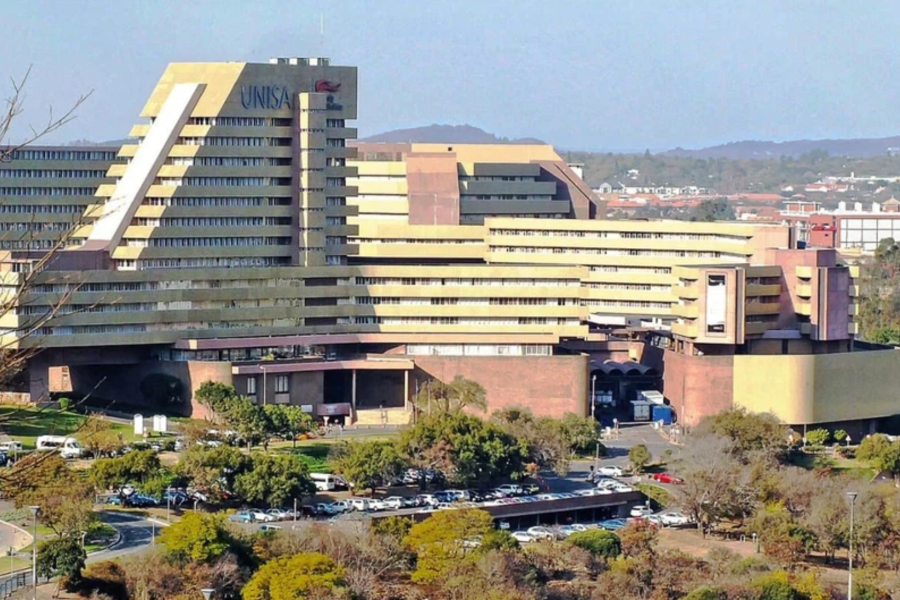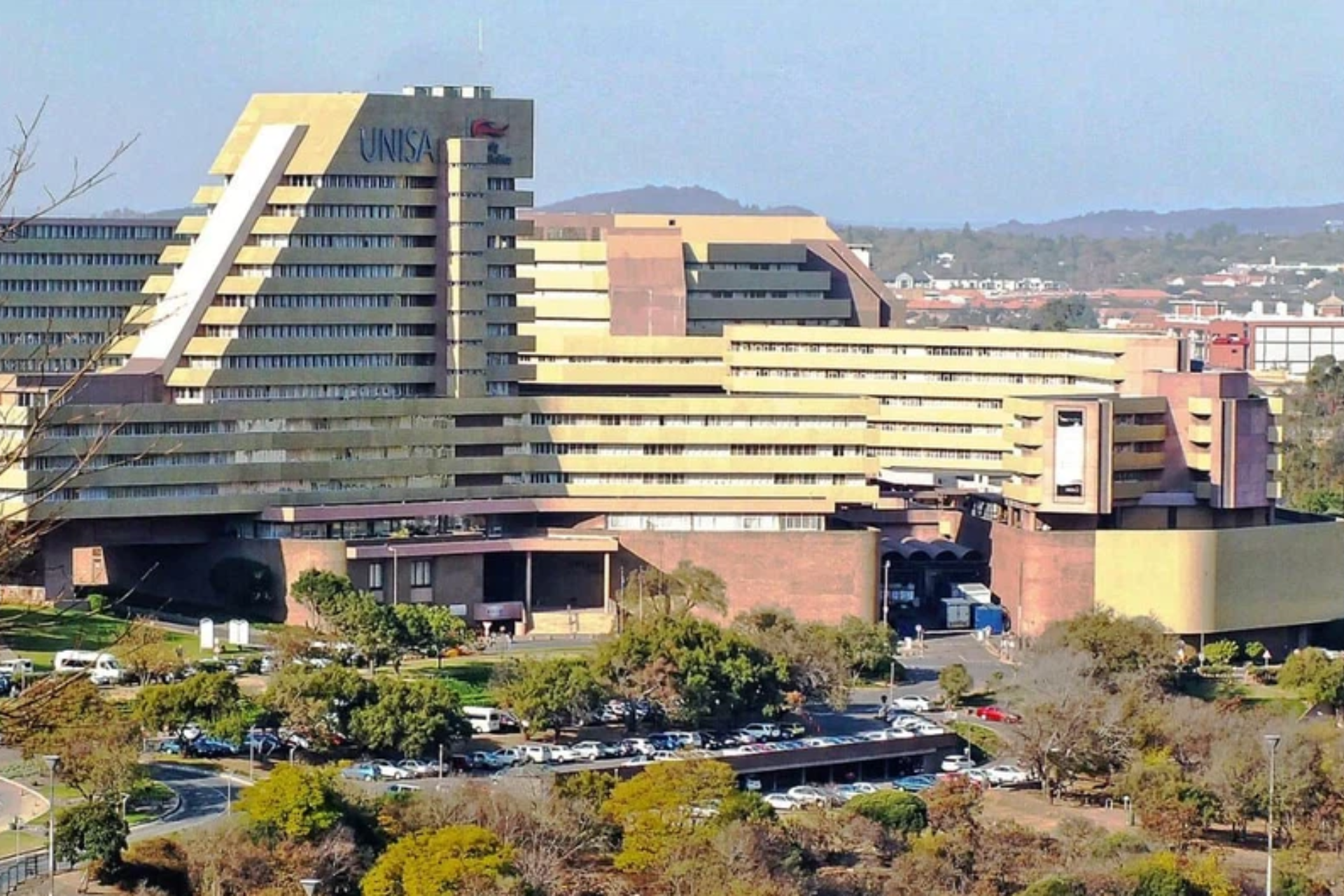
Unisa investigating over 1400 cases of cheating and plagiarism
Over 1400 cases of cheating and plagiarism in online exams are under investigation at the University of South Africa (Unisa).

The University of South Africa (Unisa) said it was investigating over 1400 cases of cheating and plagiarising by students in online examinations.
In a digital era where academic integrity is paramount, Unisa’s commitment to upholding standards of honesty and fairness in assessments is under scrutiny as it tackles a significant surge in cases of cheating and plagiarism in online exams.
UNISA’S ONLINE EXAMS REVEAL COLLUSION CONCERNS
Unisa’s online examination system, designed to ensure integrity, has identified a concerning trend of potential collusion and information sharing among students during online assessments.
This revelation has ignited a comprehensive investigation into over 1400 cases. This has raised questions about the efficacy of remote proctoring tools and the readiness of students to adhere to academic ethics in a virtual environment.
Despite students’ grievances regarding the functionality of the online invigilation application, Unisa remains resolute in defending the integrity of its systems, asserting that they are up to date and equipped to detect and address academic misconduct effectively, reported ENCA.
Ramagoai Magano, Unisa’s vice chancellor for institutional development, addressed the media in Pretoria, shedding light on the disciplinary measures being pursued against students implicated in dishonest conduct during exams.
Magano emphasised the university’s unwavering stance against academic dishonesty, particularly among postgraduate students, who constitute the majority of cases under investigation.
“The remaining cases, which are about 1456, pertain to pure academic dishonesty, which includes among others, plagiarism and non-adherence to Turnitin, a software used to detect plagiarism or copied material,” said Magano.
ACADEMIC ETHICS BREACH: SEVERE CONSEQUENCES
Formal hearings regarding the detected cases commenced on 25 March.
Unisa’s zero-tolerance policy towards any form of assessment or examination dishonesty sends a clear message to students about the consequences of compromising academic integrity.
According to Pretoria Rekord, those found guilty face not only disciplinary action but also the cancellation of modules and withdrawal of marks, reflecting the severity of the repercussions for violating academic ethics.
ALSO READ: KwaZulu-Natal has 31 000 unfilled teacher vacancies
